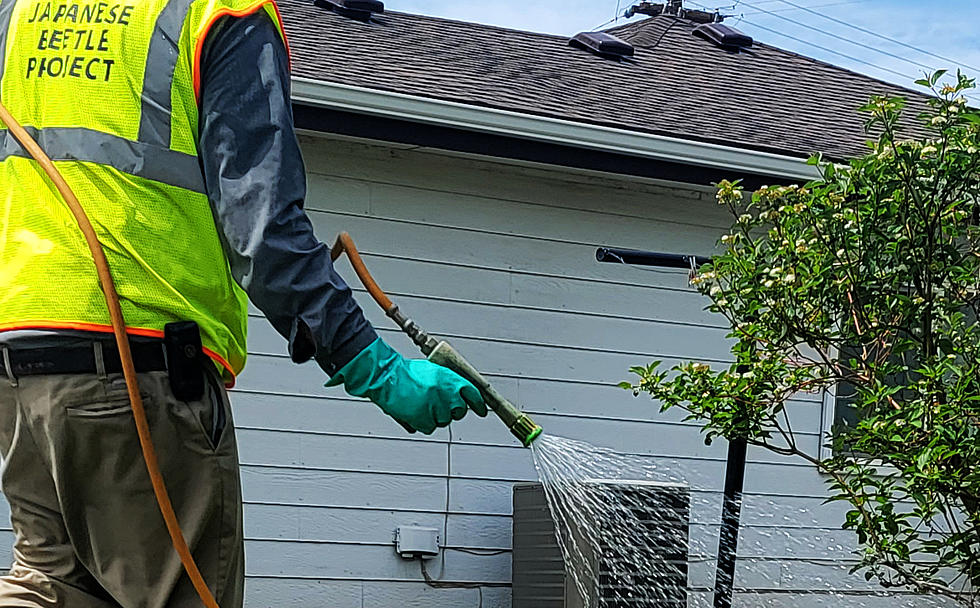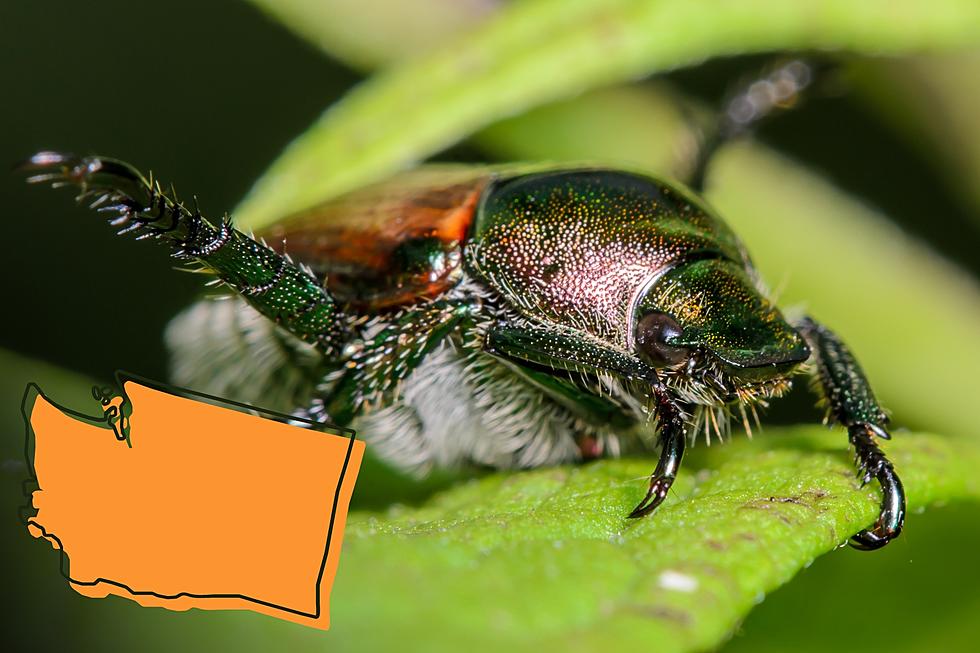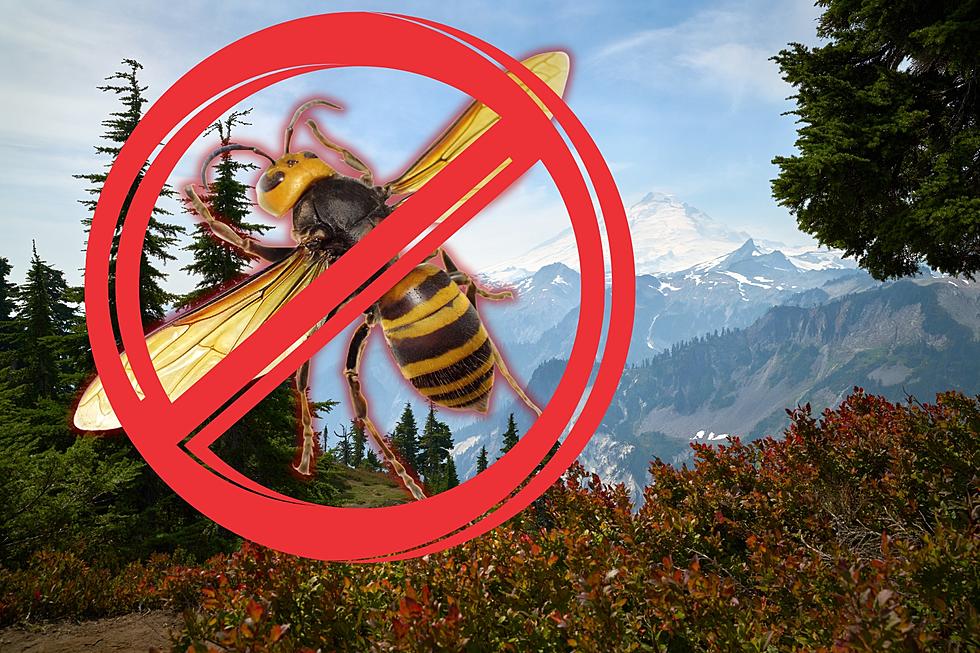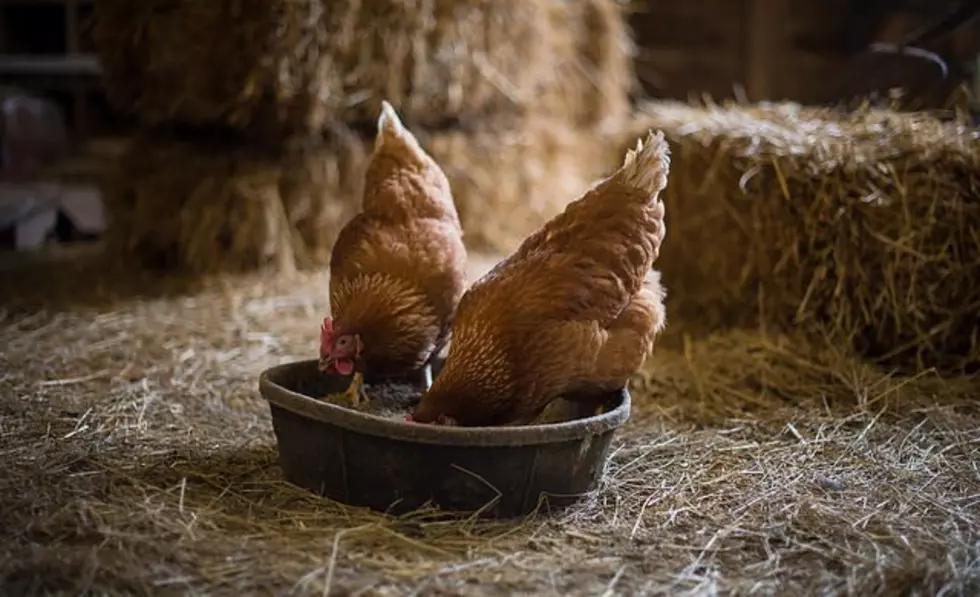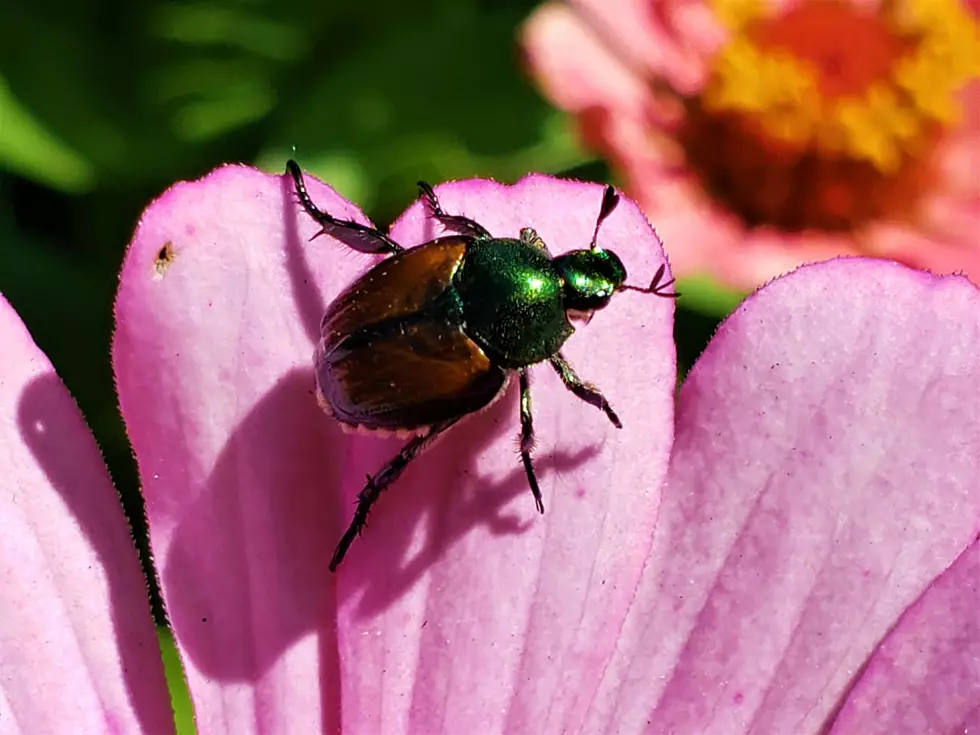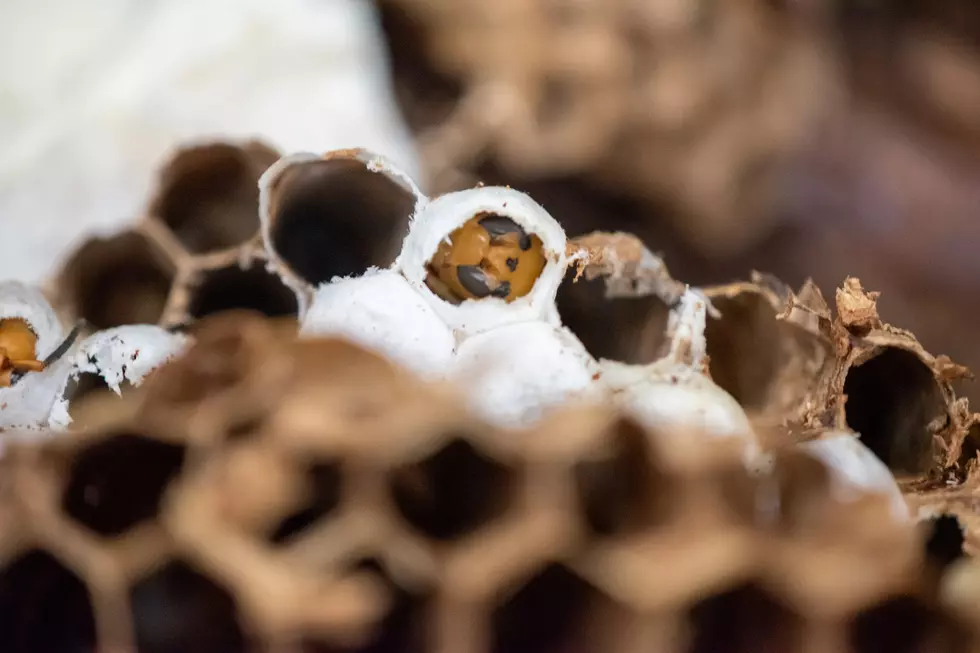
WSDA: Hunt For Pests Underway
The Washington state Department of Agriculture’s annual hunt for pests that threaten the agriculture industry, as well as the environment is underway. The Department is setting up thousands of traps statewide to monitor for the introduction or spread of over 130 invasive pests and diseases, including gypsy moth, Asian giant hornet, apple maggot and Japanese beetle.
While trappers always try to put traps on roadsides and other public property first, state law does give WSDA authority to trap for invasive pests on private property. Traps are sometimes placed on private property when necessary to ensure coverage in an area. WSDA trappers are identifiable by the safety vests they wear bearing “WSDA” on the back and also have state identification. If you want a trap removed from your property before the end of the trapping season, please call 1-800-443-6684.
Trappers have already started setting the first traps for gypsy moth and Japanese beetle. They will place approximately 20,000 gypsy moth traps statewide this summer. In addition to normal trapping for Japanese beetle, WSDA will conduct intensive trapping for the pest in the Grandview area where photos of an apparent beetle infestation were submitted to the department earlier this spring.
Both gypsy moths and Japanese beetles attack over 300 different types of plants, which could be devastating to the environment and agriculture should they become established. Trapping for Asian giant hornet worker hornets will not start until July, when worker hornets should become more active and numerous.
WSDA will trap exclusively in Whatcom County. However, the agency will also be encouraging citizen scientist to trap for these invasive pests again this year beginning in July, especially in Whatcom, Skagit, San Juan, Island, Clallam, and Jefferson counties. Citizen scientist trapping instructions are available on WSDA’s Website.
While trapping for Asian giant hornets continues to be important for locating nests, WSDA is still asking residents to report all suspected sightings as half of the 2020 confirmed detections were from public reports. Suspect hornet sightings can be reported on the WSDA's Website, or by e-mailing the WSDA or call 1-800-443-6684. While all reports are encouraged, a photo or specimen is necessary for confirmation.
If you have a story idea for the PNW Ag Network, call (509) 547-1618, or e-mail gvaagen@cherrycreekmedia.com
More From PNW Ag Network

